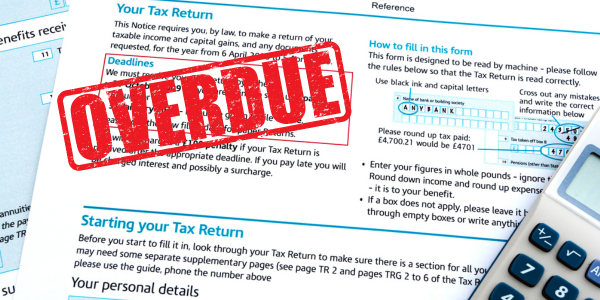Tax advice for accidental landlords
Most of us think of property landlords as people who’ve chosen to invest in a portfolio of flats or houses in order to make a tidy income from rent.
However, not everyone chooses to become a landlord. So-called ‘accidental’ landlords fall into the situation for a variety of reasons, perhaps because they’ve inherited a property, or because they struggled to find a buyer for their home and had to move regardless.
In fact, there has been a huge rise in the numbers of accidental landlords, especially in London and the South East, where the housing market has been sluggish. A recent survey showed that in London, 12.5% of properties available to let in 2017 had previously been up for sale.
Job relocation, divorce, illness – major changes in circumstances can have an impact on your living situation. But what are the tax implications of renting out your property?
Will I pay tax on rental income?
The simple answer is ‘yes’. As an accidental landlord, you may not be aware of your liabilities, and could find yourself unwittingly breaking the law.
The fact is that rental payments count as income, and must therefore be declared to HMRC.
A common mistake is to assume that if, for example, you have a mortgage repayment of £750 per month and your property is rented out at £750, there is no profit to declare. In fact, the whole of the mortgage payment is not deductible against the rent – only the interest element.
Your rental profits must be reported on a Self Assessment tax return if the annual rental income is:
- £2,500 to £9,999 after allowable expenses
- £10,000 or more before allowable expenses
If you don’t usually send a tax return, you need to register for Self Assessment by 5 October following the tax year you received rental income. HMRC warns that if you don’t, you could be charged a penalty.
What are allowable expenses?
Broadly speaking, these are the day-to-day expenses that are incurred by owning and letting a property. They include:
- Letting agents’ fees
- Accountancy fees
- Buildings and contents insurance
- Maintenance and repairs to a property
- Utility and council tax bills
- Ground rent or service charges like cleaning or gardening
I’ve been renting out a property for a while and haven’t paid tax. Help!
Don’t panic. The government has recognised that some accidental landlords just haven’t realised their tax obligations, and would be happy to put right the situation rather than face a large fine.
Under the ‘Let Property Campaign’, landlords of residential properties in the UK or abroad (yes, foreign properties count too) can disclose rental income from previous years and take advantage of (in HMRC’s words) ‘the best possible terms.’ This could mean lower penalties and less likelihood of prosecution.
This ongoing campaign is helping many people to get their tax affairs in order. Payments can be spread out across a number of months, so there’s no need to fear a hefty lump sum.
Exceptional Accidental Landlord tax advice from Perrys
If you have concerns about your tax affairs, whether that’s in relation to property or any other area, please don’t hesitate to get in touch. We’ll arrange for an informal, confidential conversation with a tax expert from one of our seven branches in Kent or central London.







